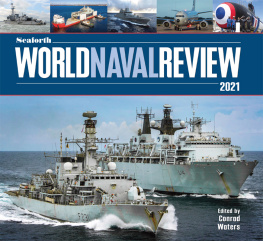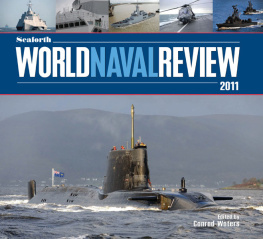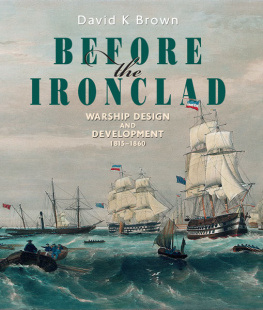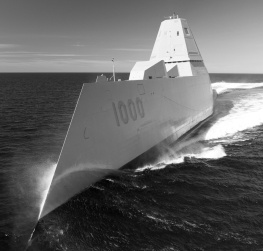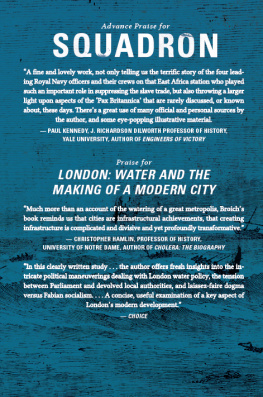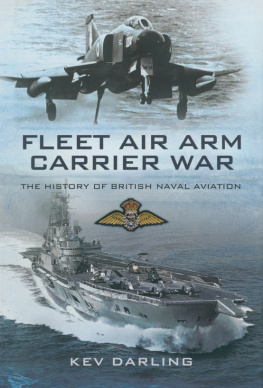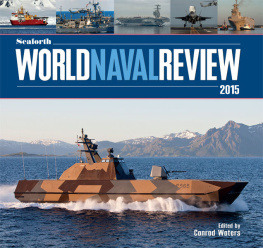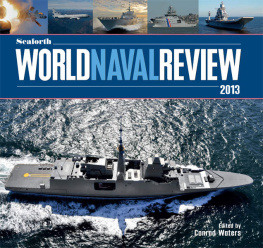
Frontispiece : The crew of the new Japanese submarine Oryu are seen wearing protective masks as a precaution against the COVID-19 pandemic in a photograph probably taken at the time of her maiden arrival at Kure Naval Base on 7 April 2020, where she joined Submarine Squadron 3 of the JMSDFs 1st Submarine Flotilla. Delivered on 5 March 2020, Oryu is the tenth member of the Soryu class. Unlike her sisters she is equipped with lithium-ion batteries, making her the first submarine in the world to utilise this technology. ( JMSDF )
Copyright Seaforth Publishing 2020
Plans John Jordan 2020
First published in Great Britain in 2020 by
Seaforth Publishing
An imprint of Pen & Sword Books Ltd
47 Church Street, Barnsley
S Yorkshire S70 2AS
www.seaforthpublishing.com
Email
British Library Cataloguing in Publication Data
A CIP data record for this book is available from the British Library
ISBN 978-1-5267-9074-3 (Hardback)
ISBN 978-1-5267-9075-0 (ePub)
ISBN 978-1-5267-9076-7 (Kindle)
All rights reserved. No part of this publication may be reproduced or transmitted in any form or by any means, electronic or mechanical, including photocopying, recording, or any information storage and retrieval system, without prior permission in writing of both the copyright owner and the above publisher.
The right of Conrad Waters to be identified as the author of this work has been asserted in accordance with the Copyright, Designs and Patents Act 1988
Pen & Sword Books Limited incorporates the imprints of Atlas, Archaeology, Aviation, Discovery, Family History, Fiction, History, Maritime, Military, Military Classics, Politics, Select, Transport, True Crime, Air World, Frontline Publishing, Leo Cooper, Remember When, Seaforth Publishing, The Praetorian Press, Wharncliffe Local History, Wharncliffe Transport, Wharncliffe True Crime and White Owl.
OVERVIEW
INTRODUCTION
Author:
Conrad Waters
S ent in this foul clime to languish, Think what thousands fell in vain; Wasted with disease and anguish, Not in glorious battle slain. So wrote the English poet and politician Richard Glover (171285) in his popular ballad Admiral Hosiers Ghost, a polemic on an ill-fated Royal Navy expedition to the Caribbean in which Hosier and thousands of his command were doomed to death from disease as a result of governmental ineptitude. The circumstances of the current COVID-19 pandemic that is afflicting all our lives are clearly very different from those that befell Admiral Hosiers mission. Nevertheless, it is difficult for any review of the past year irrespective of its subject matter not to be overshadowed by a global disaster that has been exacerbated both by a lack of preparedness and by political miscalculation. A grim milestone was reached by early June 2020 when it was reported the virus had claimed more American lives than had died in all that countrys wars since 1945.
The full ramifications of COVID-19 on future naval developments are difficult to quantify at a time when the pandemic has yet to run its course. However, three observations seem pertinent.
1. Flexibility : The ability of navies around the world to respond flexibly and effectively to an unexpected emergency has again been demonstrated. In the United States, the hospital ships Comfort (T-AH-20) and Mercy (T-AH-19) were deployed, respectively, to New York and Los Angeles to bolster local medical services. Although the number of patients treated was small, the additional capacity they brought was of significant value at a time of fears that normal hospital facilities might be overwhelmed.
Specialist naval assets particularly those with logistical and medical support functions have been particularly valuable providing assistance where local medical infrastructures ability to handle a crisis is limited. In France, the amphibious assault ship Tonnerre was used to evacuate COVID-19 patients from Corsicas overstretched hospitals for treatment on the mainland in late March. Subsequently, her sisters Dixmude and Mistral were dispatched to provide additional resources for Frances overseas territories in the Indian Ocean and Caribbean as part of the French militarys broader Operation Rsilience . The United Kingdom and the Netherlands also reinforced their assets in the Caribbean with the deployment of the casualty receiving ship Argus and the joint support ship Karel Doorman . The three countries have agreed to coordinate their military response to the crisis in the region.
2. Vulnerability : Whilst navies have brought valuable skills to combatting the COVID-19 crisis, the pandemic has also revealed their vulnerability to the virus. It seems a full picture is unlikely ever to be available given obvious security considerations. However, some significant outbreaks have been widely reported, notably on the aircraft carriers Theodore Roosevelt (CVN-71) and Charles de Gaulle . As many as 60 percent of the latters crew ultimately fell ill after sailors started exhibiting symptoms whilst the ship was operating in the North Atlantic. Fortunately all eventually recovered. In general terms, it seems that the cramped berthing conditions typically found in older ships have been more conducive to the virus spread than the more spacious cabins specified in recent surface designs. This would suggest a particular vulnerability in submarines, with potentially worrying implications for submarine-based strategic deterrents.

The British Royal Fleet Auxiliarys casualty receiving ship Argus is one of a number of assets European countries have deployed to the Caribbean to reinforce local medical facilities in case of need during the COVID-19 pandemic. This picture was taken in the spring of 2020 and shows her crew marking out the numbers 75 on her flight deck to commemorate the 75th anniversary of the end of the Second World War in Europe. ( Crown Copyright 2020 )
It is noteworthy that many navies have proved successful at adapting their operating procedures to respond to the new circumstances. For example, the British Royal Navy quickly introduced measures involving the quarantining of the entire crew on Similar measures enabled the carrier Queen Elizabeth to continue working up towards operational readiness during the height of the pandemic in the United Kingdom. However, challenges remain. One potential problem area relates to the backlog of deferred maintenance and construction that has built up whilst shipyards and support facilities have been impacted by coronavirus-related lockdowns. The fact that the Chinese shipbuilding hub of Wuhan was the initial epicentre of the COVID-19 crisis clearly illustrates this problem. Perhaps the highest-profile casualty has been delivery of Indias already long-delayed indigenous aircraft carrier Vikrant , which reportedly faces a minimum six-month delay to commencement of her basin trials. In mid-June 2020, the US Navy went so far as to call up over 1,600 reservists to help combat delays to aircraft carrier and submarine refurbishment at its already struggling publicly-owned shipyards.

